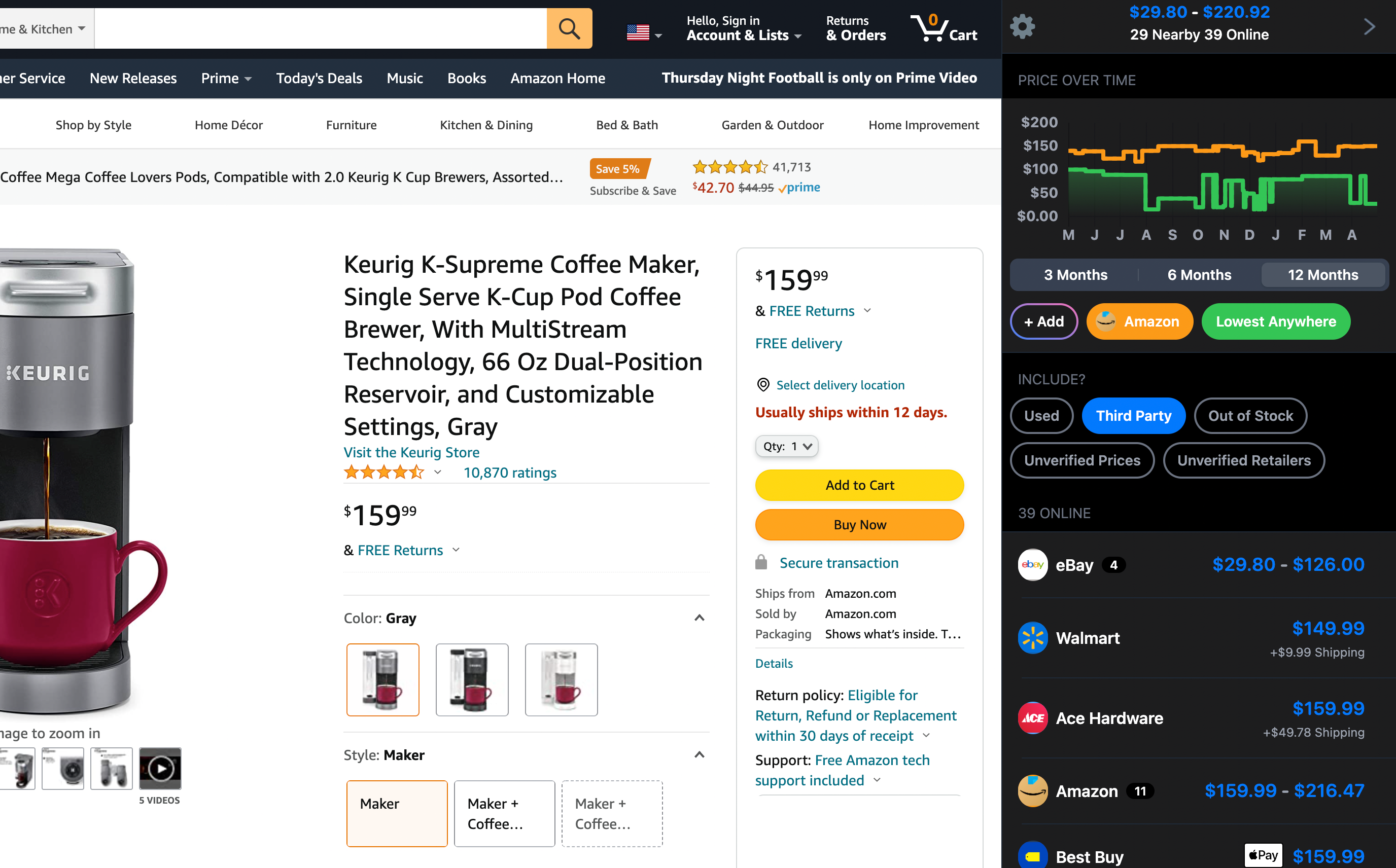
So, if you're thinking about using Alumilite Dye Liquid Color Tint for your resin casting, knowing how concentrated it is can really help you get the color just right. According to the manufacturer, these dyes are super concentrated, so a little goes a long way.
Based on our research, you really just need a tiny amount—like the tip of a stir stick—for those small resin batches. The dye’s strong pigmentation makes it easy to get those bright colors without using a ton.
But watch out—too much can mess with your resin’s curing process.
For folks using epoxy coatings, mixing the dye with isopropyl alcohol might help it cure properly. Some have had issues when they skipped this, so it's something to keep in mind if you run into curing troubles.
Another thing to watch for: the dye’s color might look a bit different when mixed with resin. You might need to tweak things to get just the shade you want. Given the dye's strength, it's usually best to add it little by little.
You can always adjust the color or mix with other dyes until you hit that perfect tone.
Handling-wise, just be aware that the dye can stain easily. A set of gloves could save you from any unwanted messes.
And while the bottle is made for precision, it's been noted that it can leak sometimes—so just be careful!
There’s also a bunch of other colors to check out if white isn’t doing it for you. Shades like beige or even fluorescent options could be fun to experiment with.
All in all, with such a concentrated dye, the "less is more" approach definitely applies. Start small, play around with it, and enjoy the creative journey of finding that perfect color.
Happy crafting!
Where to Buy
Considering the Alumilite White Dye (1 oz)?
Here's our "TLDR" Review
 Download ShopSavvy App
Download ShopSavvy AppCompare prices for anything in real-time, set price alerts, watch for deals by keyword, and much more
 Install ShopSavvy Browser Extension
Install ShopSavvy Browser ExtensionCompare and track prices automatically while you shop online at thousands of websites.
More Answers
If you're still curious about the Alumilite White Dye (1 oz), here are some other answers you might find interesting:
How much Alumilite Dye Liquid Color Tint should be used per batch of resin?
Figuring out the right amount of Alumilite Dye Liquid Color Tint can feel a bit tricky since it's super concentrated. Our research shows that this dye, including the popular White variant, is quite pigmented. So, you really only need a little bit to get those bright colors.
When using this dye with UV resin, it seems compatible, but you'll want to be cautious. One thing to keep in mind is that this dye can significantly increase the curing time of the resin. Some folks have reported that their curing times doubled or even tripled, especially with products like the Sonic 8k mini S in 3D printing.
Because of this, it's a good idea to start with small test batches. This way, you can tweak the curing times and find what works best for your project.
Given the dye's concentration, a very small amount can dramatically change your resin's color. To avoid overdoing it, many people use the 'toothpick method.' Just dip a toothpick lightly in the dye bottle and mix it into the resin. This allows you to gradually build up to the color you want without adding too much dye and causing issues with curing.
Some folks have had trouble with the dye being a bit thick, which makes using the dropper harder. To get around this, some people take off the cap and use a small stir stick for more precise measuring.
In the end, Alumilite Dye Liquid Color Tint works well for coloring UV resin. But to get the best results, handle it carefully and test a little at a time, especially if curing time and consistency are crucial for your project.
Starting small and adjusting as needed will help make your projects look vibrant and just how you envisioned them.
Yep, you can definitely use Alumilite Dye Liquid Color Tint with epoxy resin. The manufacturer points out that it's designed to work with casting resins and epoxy coatings, among other things. It's super concentrated, so you only need a tiny bit to get a really strong color.
From what we found, people who've used it say it's pretty potent. A tiny dab, like from the tip of a toothpick, can give your resin a noticeable tint. It's efficient too—because you use so little, the bottle lasts a while, which is a nice bonus.
But here's the thing: since it's so concentrated, you have to be careful with how much you use. If you go overboard, it might mess with the way your resin cures. So, start with a small amount and add more if you need it.
Another tip—this dye is a bit thicker, kind of like acrylic paint, so it can be tricky to measure out precisely. Some people find it helpful to use a stick or similar tool to transfer the dye into the resin, which helps avoid using too much and ending up with colors that are too intense or don't mix well.
As long as you're mindful about the amount and consistency, you should be all set to create some vivid and beautiful resin projects!
So, if you're thinking about using Alumilite Dye Liquid Color Tint for your resin casting, knowing how concentrated it is can really help you get the color just right. According to the manufacturer, these dyes are super concentrated, so a little goes a long way.
Based on our research, you really just need a tiny amount—like the tip of a stir stick—for those small resin batches. The dye’s strong pigmentation makes it easy to get those bright colors without using a ton.
But watch out—too much can mess with your resin’s curing process.
For folks using epoxy coatings, mixing the dye with isopropyl alcohol might help it cure properly. Some have had issues when they skipped this, so it's something to keep in mind if you run into curing troubles.
Another thing to watch for: the dye’s color might look a bit different when mixed with resin. You might need to tweak things to get just the shade you want. Given the dye's strength, it's usually best to add it little by little.
You can always adjust the color or mix with other dyes until you hit that perfect tone.
Handling-wise, just be aware that the dye can stain easily. A set of gloves could save you from any unwanted messes.
And while the bottle is made for precision, it's been noted that it can leak sometimes—so just be careful!
There’s also a bunch of other colors to check out if white isn’t doing it for you. Shades like beige or even fluorescent options could be fun to experiment with.
All in all, with such a concentrated dye, the "less is more" approach definitely applies. Start small, play around with it, and enjoy the creative journey of finding that perfect color.
Happy crafting!
Explore Content
Footer 1
Published
Subscribe for Updates
Get the latest news, and updates on ShopSavvy. You'll be glad you did!









